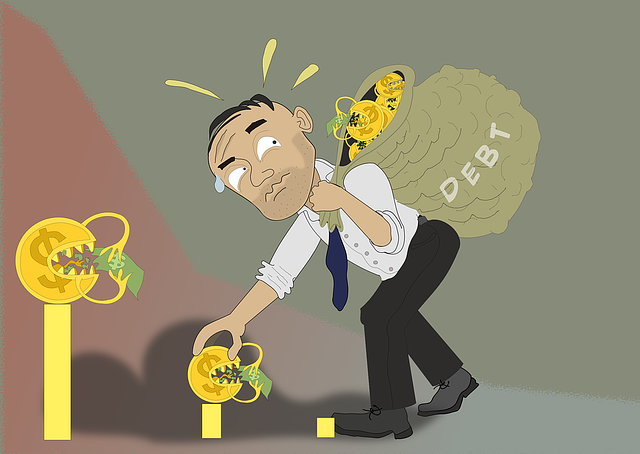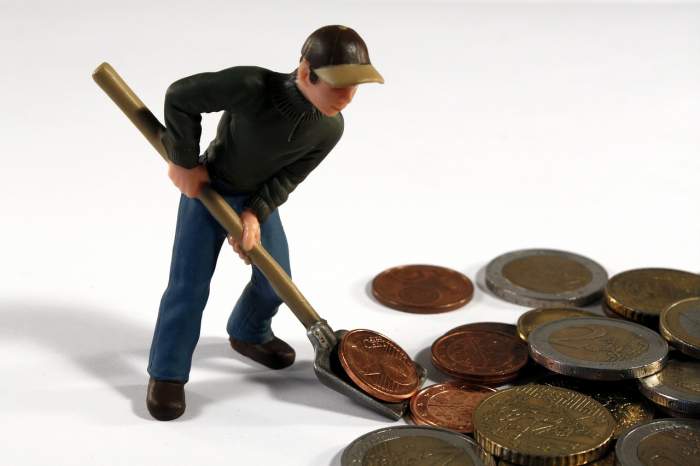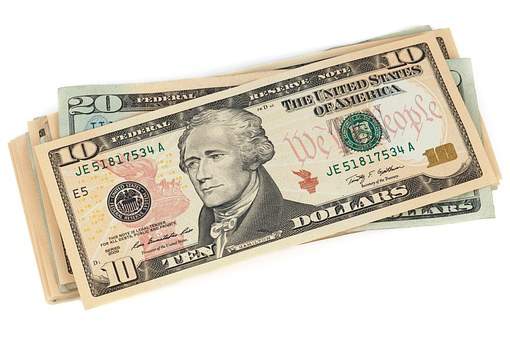

Dealing with debt collectors can be stressful on top of the pressure you may already be under because of late payments. The law, through the Fair Debt Collections Practices Act, protects consumers by stipulating what a debt collector can and cannot do. Here is a breakdown of the things debt collectors can and cannot do.
Visit Your Workplace
The Fair Debt Collections Practices Act (FDCPA) forbids a debt collector from visiting your workplace to ask for a payment. This is because once they do so, they will embarrass you and publicize your debt, both of which are forbidden.
There is an exception, though, that they can call you at work. What they cannot do is tell anyone who they are or why they are calling as that would also be publicizing your debt. The Act also says that you can ask them to stop calling at your workplace and they are supposed to respect your wishes.
Harass You
A debt collector is forbidden from harassing you whether at home, at work, or in public. Harassment is a broad category, but in this case, it includes things like calling you consistently at work or home, calling you at odd hours, or threatening you either physically or verbally. Harassment also includes publishing your information, talking to your friends and family about your debt, and using obscene or abusive language with you.
If a debt collector does any of these, you have a right to sue them as they will have violated FDCPA. Once you decide to sue, ensure you hire a firm that has experience dealing with similar issues. Fair Credit is a great option as they have extensive experience dealing with debt collector harassment and other consumer protection issues.
Ask for Payment for a Debt You Do Not Owe
This happens more than you think. There are a lot of inaccuracies in the debt collection industry and these inaccuracies can cause a collector to ask for a payment for a debt you don’t owe. They might also pursue a debt that you have already paid. Checking your credit information and financial statements will help clarify whether you owe a debt. Once you confirm you do not owe anything, ask the collector to check their records and stop contacting you.
Sell Your Debt
The one thing creditors can do is sell your debt. They may sell the whole debt before you start paying it or sell a partial debt after you have. This can catch you by surprise because you might suddenly have someone new asking for a payment.
Sue You
It is not illegal to not pay a debt, but you can be sued for it. Debt collectors will use this as the last resort to recover their money. If they are successful, you may have your wages garnished or have bank levies imposed.
Being sued can be bad for you if you do not get the notification or do not show up in court. If you do not show up, you lose by default even in cases where the debt does not belong to you, or you don’t owe anything.
Debt collectors are bound by law which states what they can or cannot do. Either party can get in trouble if they do not do things right. You can sue a debt collector for harassment, and they can sue you for not keeping up with your payments.





